Are you frustrated because your blog posts are not indexing on Google? You hit “publish,” hoping visitors will find your content—only to realize your posts aren’t appearing in search results. If you’re asking yourself, *”why my blog posts are not indexing on Google?”* you’re definitely not alone. This guide explains exactly why this happens, what it means for your blog’s visibility, and step-by-step fixes to help your posts get indexed fast. We’ll cover technical reasons, content quality, and Google’s latest algorithm changes so your next blog post stands a much better chance of being found. Let’s get your hard work seen!
What is “Why My Blog Posts Are Not Indexing on Google?”
When we talk about blog posts not showing up in Google, we’re referring to the problem where you create and publish great content, but it never appears in Google Search results. *Indexing* means Google is aware of your blog post and has added it to its giant database of pages it shows to users. If your post isn’t indexed, it can’t rank for any keywords—no matter how well-written it is.
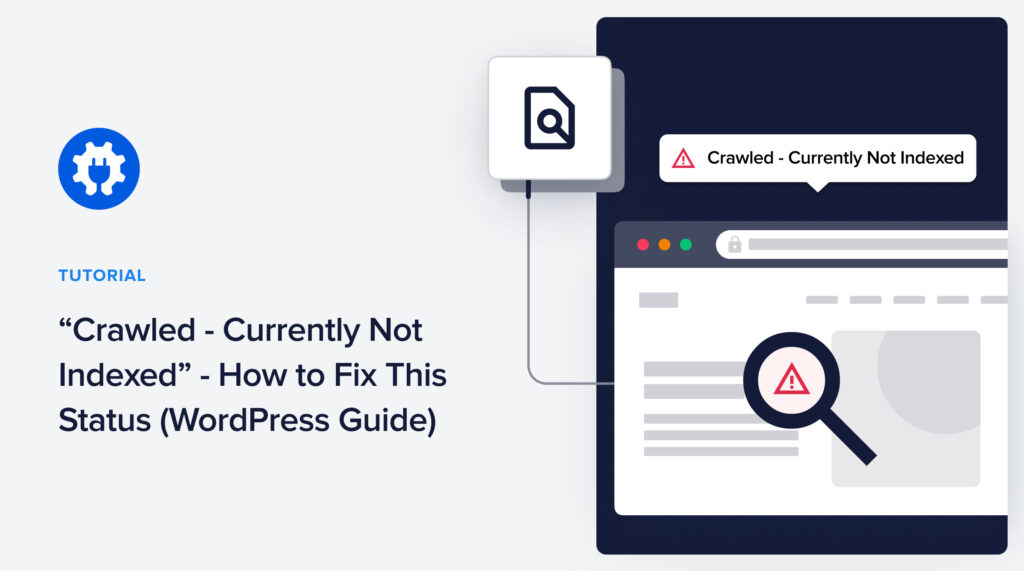
Why does this matter so much? If your blog articles aren’t indexed, you’re practically invisible online. Traffic, leads, subscribers, and potential revenue all depend on Google being able to “see” your posts. So, let’s break down what might be holding your content back and how to fix it.
Why Indexing Matters In Blogging
Think of Google indexing as putting your content “on the map.” If your posts aren’t indexed, even the best articles won’t get found by your audience. Here are the top benefits and why you should care:
- More Organic Traffic: Indexed posts are the only ones that can rank and drive visitors.
- Better Authority: A well-indexed site looks more trustworthy to both users and search engines.
- Monetization: More traffic opens doors for affiliate sales, ad revenue, and partnerships.
- Brand Growth: Indexed content is essential for building online presence and community.
- Performance Tracking: Indexed posts let you analyze SEO and make strategic improvements.
In short, no indexing = no visibility = no results.
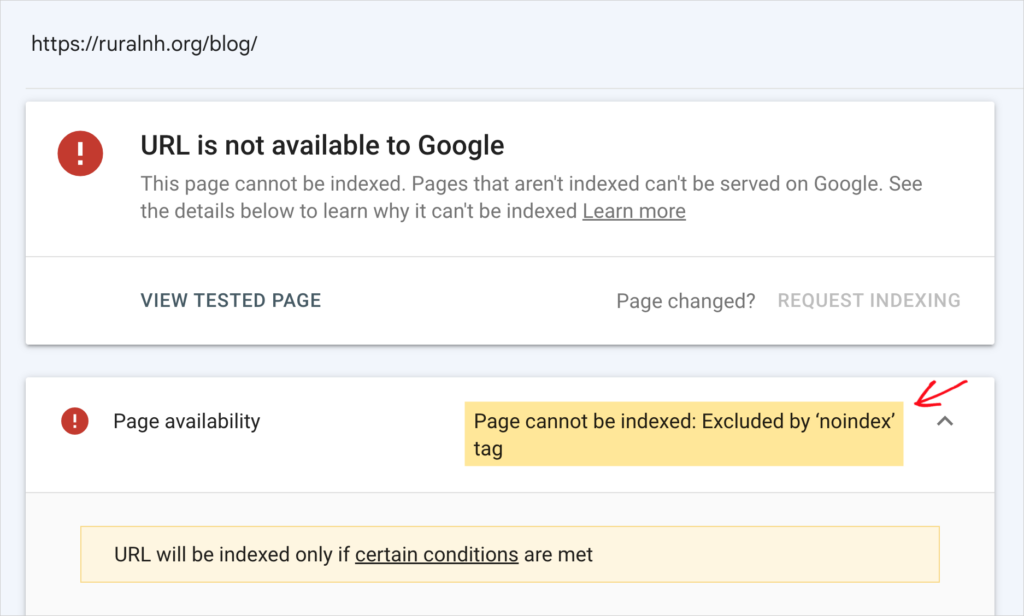
Common Reasons Why My Blog Posts Are Not Indexing on Google
Let’s dive into the key reasons your blog posts might be missing from Google’s index, based on official Google guidance and top SEO resources:
1. Accidental “Noindex” Tags
If you accidentally add a “noindex” tag to your post or site, it tells Google to stay away. This is a top culprit, especially if you use SEO plugins like Yoast or Rank Math and misconfigure a setting.

2. Low-Quality or Thin Content
Google wants to give users valuable answers. If your post is very short, lacks depth, or looks spammy, Google may ignore it completely. This is especially important for new domains with little authority.
3. Crawl Errors and Blocked URLs
If your blog’s robots.txt file or technical errors block Googlebot from crawling pages, they can’t index your content. Tools like Google Search Console can spot these issues quickly.
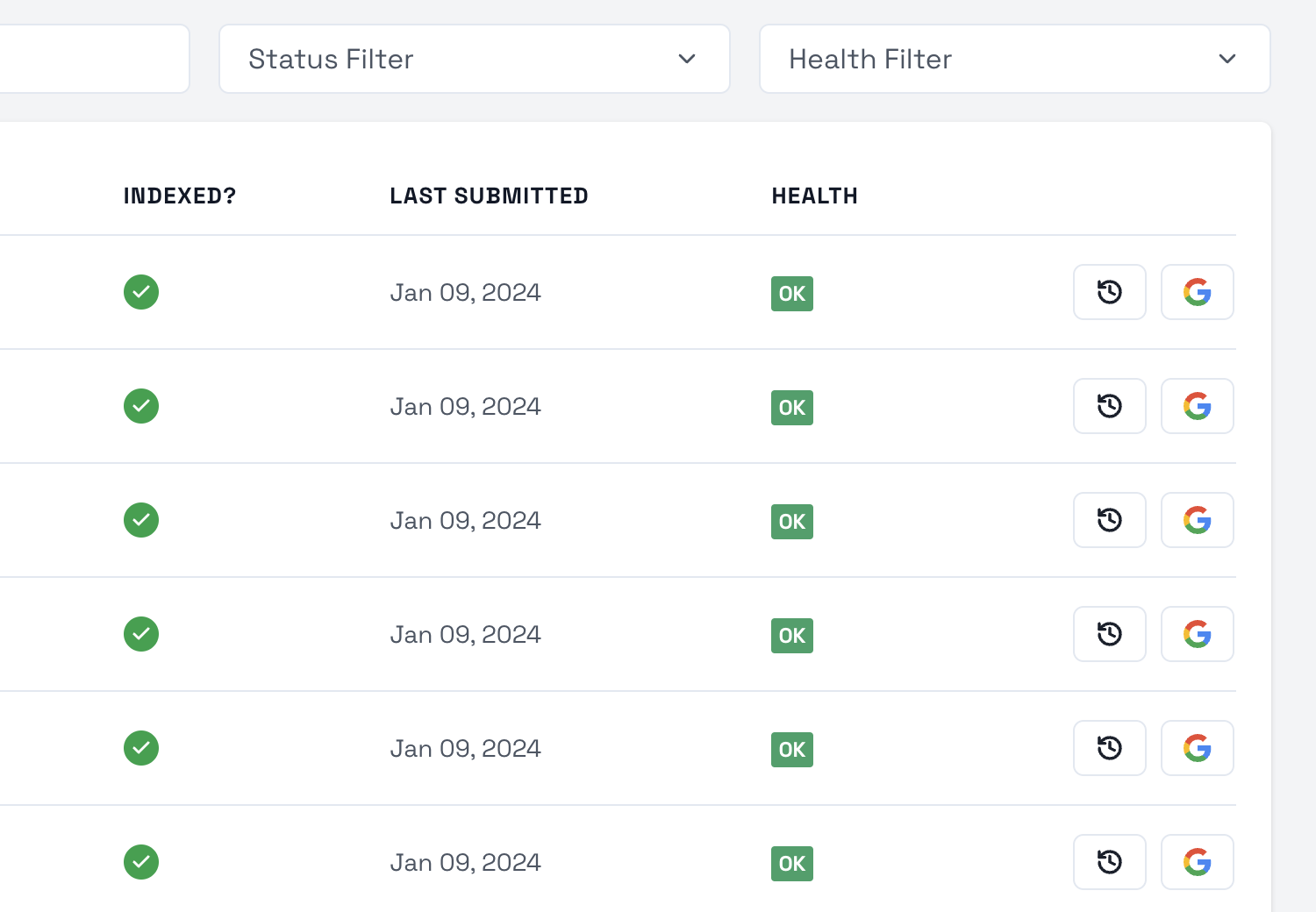
4. New or Updated Posts Take Time
Fresh content isn’t always indexed instantly. Sometimes it takes a few hours or even days, especially on new blogs or after site migrations.
5. Sitemap Issues
If your sitemap.xml file doesn’t include new URLs, or it’s wrongly formatted, Google might miss your latest posts.

6. Duplicate Content
Publishing the same or very similar content to other sites can prevent Google from indexing your version, especially if it’s not the original source.
7. Slow Loading or Blocked Resources
Pages that load slowly or have key resources blocked (like CSS/JS files) might be skipped by Google’s crawler. Google loves fast, mobile-friendly sites.
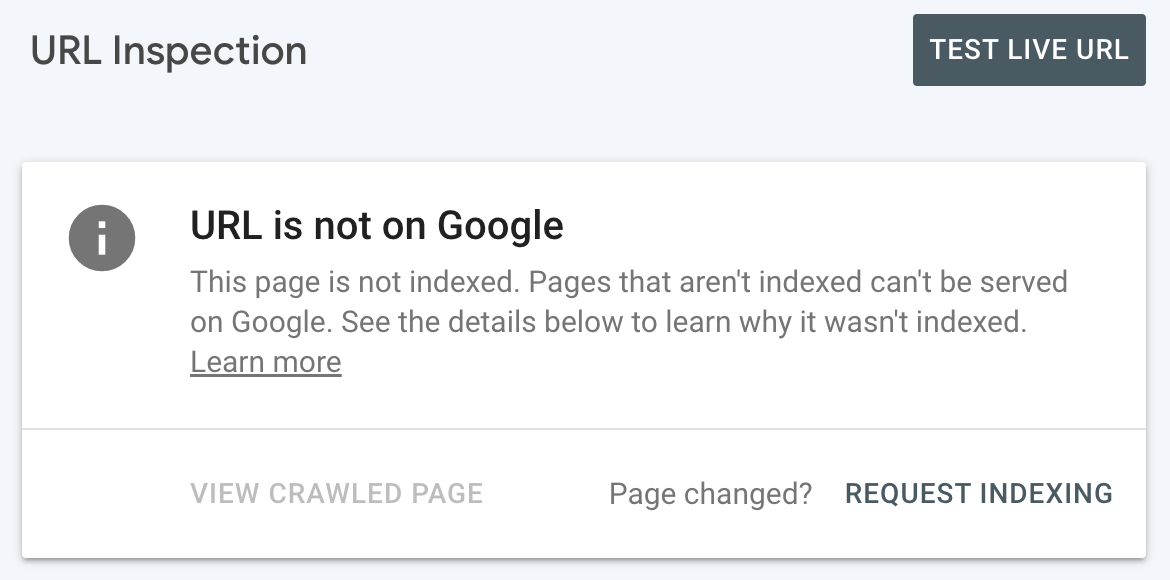
8. Manual Actions or Penalties
Rare, but if your site violated Google’s Webmaster Guidelines (think: unnatural links, keyword stuffing, etc.), you could receive a penalty leading to de-indexing.
9. Google Algorithm Updates
Sometimes, algorithm updates temporarily delay or de-prioritize indexing certain types of content or sites.
10. Not Enough Internal or External Links
Google follows links. If your new posts are “orphaned” (not linked from anywhere), they may not get discovered or indexed.

Real-World Examples and Use Cases
Let’s look at some everyday cases when bloggers notice their articles aren’t being indexed on Google, and how those issues were fixed:
- Case 1: A blogger accidentally set an entire category to “noindex” using their SEO plugin—removing 30 articles from the index. Solution: Checked plugin settings and switched them back to “index.” Posts appeared in search within a few days.
- Case 2: A travel blog with thin content (150-200 words per post) found posts not being indexed. Solution: Increased each article to 800+ words, included original photos, added value, and Google indexed most content within a week.
- Case 3: A tech site saw no new posts being indexed. The problem? Their
robots.txtfile mistakenly blocked all crawlers. Solution: Fixed therobots.txtfile. Pages re-appeared in Google Search results soon after.
If you see similar patterns, there’s a high chance you can fix your own indexing issue following these steps.
Step-by-Step Process to Get Blog Posts Indexed on Google
Here’s a practical checklist to help your blog posts show up in Google search every time:
- Confirm Indexing Status
- Use Google Search Console’s “URL Inspection” tool. If you see “URL is not on Google,” move to the next steps.
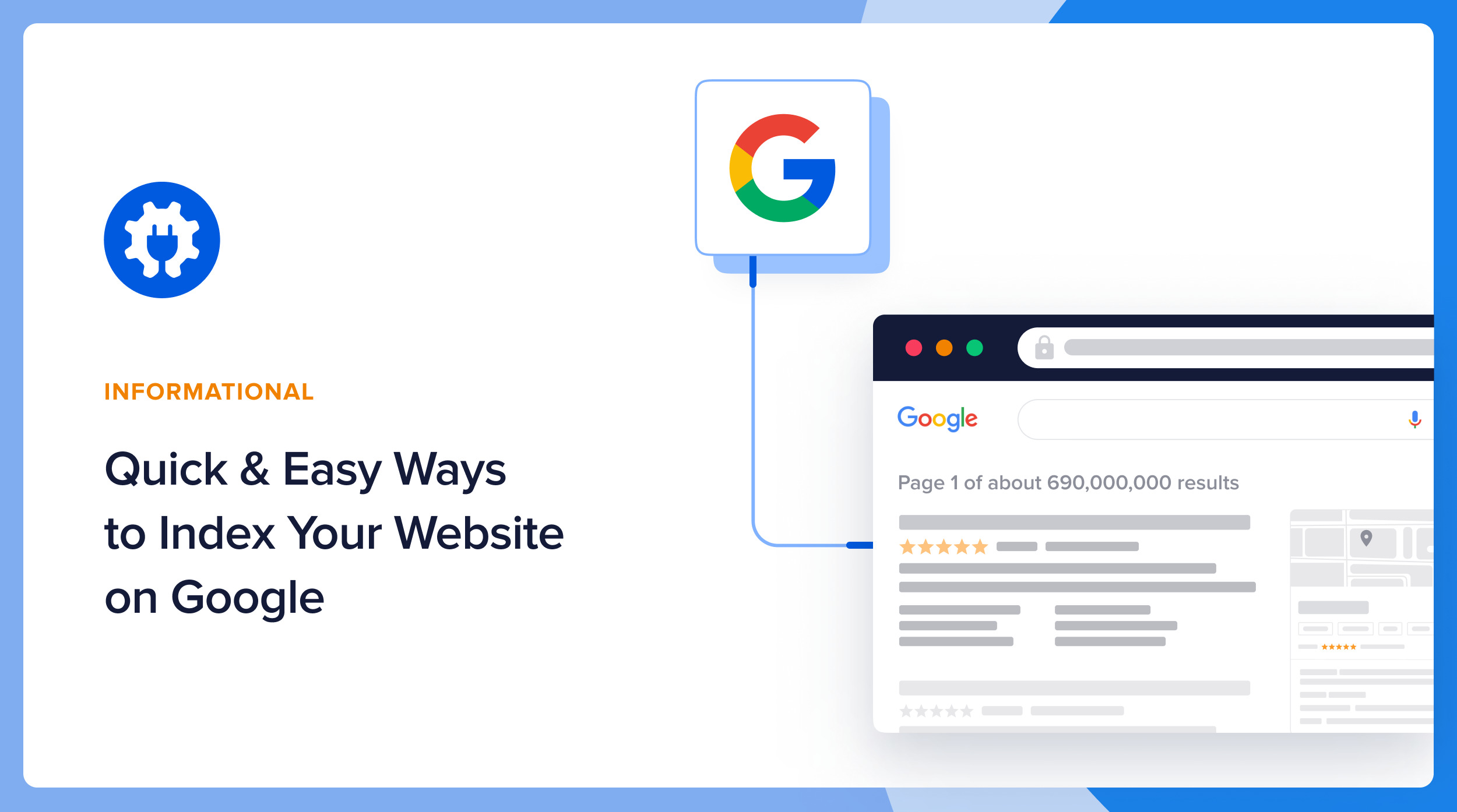
- Check for ‘Noindex’ and Robots.txt Issues
- In your WordPress editor or SEO plugin, double-check posts are set to “index.”
- Visit
yourdomain.com/robots.txtto ensure “Disallow:” rules are not blocking important folders.
- Submit or Update Your Sitemap
- Use Google Search Console to submit your sitemap.xml and make sure new posts are included.
- If using WordPress, SEO plugins often handle this for you. Double check the URL list!
- Improve Content Quality
- Create in-depth, valuable content—aim for 700+ words per post with unique insights.
- Add real images, infographics, or videos for extra value.
- Build Internal and External Links
- Link to your new post from your homepage and related articles.
- Promote your post on social media, forums, or through guest posts to get external backlinks.
- Request Manual Indexing
- In Google Search Console’s “URL Inspection,” click “Request Indexing.” This notifies Google of your content change.
- Optimize for Mobile and Speed
- Ensure your site is fast and mobile-responsive so that Google can crawl all content easily.
- Wait and Monitor
- Indexing is not instant—be patient, and re-check Google Search Console after 24-48 hours.
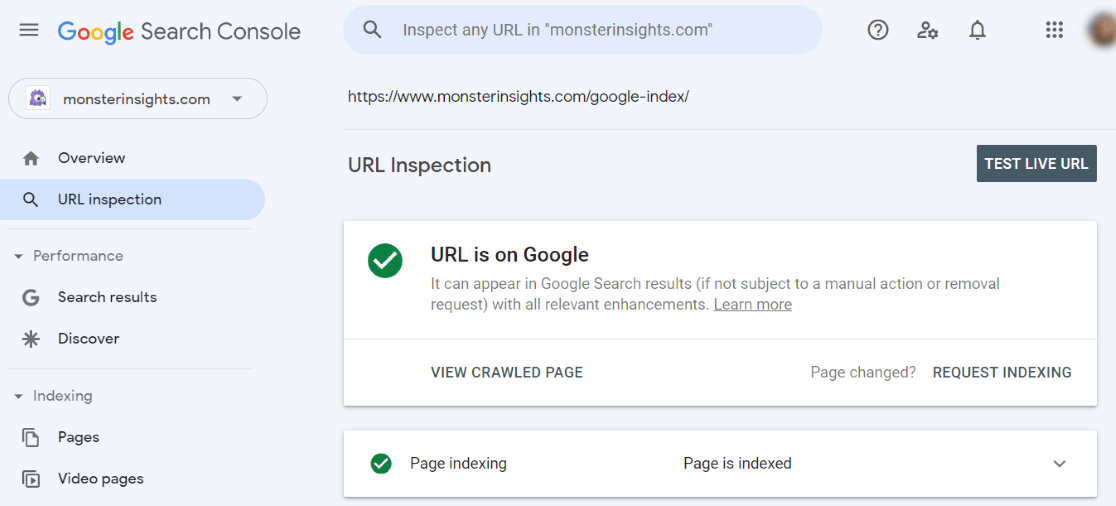
If you follow these steps and still have issues, consider posting on Google’s Webmaster Help Forums or consulting a professional SEO audit.
Challenges, Myths, and Common Objections
There are plenty of misconceptions about why blog posts aren’t indexing on Google. Here are some common myths—debunked:
- “Only big websites get indexed.” False. Google indexes small blogs every day—if technical and quality guidelines are followed.
- “If it takes too long, Google must hate my site.” Not true. Sometimes indexing delays are due to routine queueing or technical hurdles.
- “I need to pay to get indexed.” 100% incorrect! Google does not accept payment for faster or guaranteed indexing.
- “Duplicate my post everywhere to ‘force’ Google to see it.” Big mistake—that’s a fast-track to being ignored or penalized.
- “Requesting manual indexing daily helps.” Use this feature sparingly. Frequent or spammy use can temporarily block your requests.
Remember, Google’s priority is to show the most helpful, relevant, and accessible content to users—not just high authority domains.
FAQs – Why My Blog Posts Are Not Indexing on Google
1. How do I check if Google has indexed my blog post?
Use Google Search Console’s “URL Inspection” tool, or type “site:yourdomain.com/post-url” into Google search. If the post appears, it’s indexed.
2. How long does Google take to index a new blog post?
It varies—sometimes a few hours, often 1-5 days. Domain age, authority, sitemap submissions, and crawl frequency affect this.
3. What is a ‘noindex’ tag and how does it impact indexing?
A ‘noindex’ tag tells Google not to index a page. Remove it from any post you want to appear in search results.
4. Can low word count prevent blog posts from being indexed?
Yes. Thin content (usually <300 words) can signal low value, making Google skip indexing it.
5. Why aren’t all my posts showing up in Google after sitemap submission?
Sitemaps speed discovery, but don’t guarantee indexing. Technical issues, quality, or duplication may still block posts.
6. Does frequent website downtime affect indexing?
Absolutely. If your blog is offline when Google visits, your pages may not be indexed or could drop out of search.
7. Will changing my site’s theme or design impact indexing?
Major changes can affect crawlability. Ensure internal links, sitemaps, and robots.txt are updated.
8. How important are internal links for indexing?
Very important. Internal links tell Google which content is valuable and help Googlebot discover new posts.
9. Can duplicate content stop my blog from indexing?
Yes, especially if your post is copied from (or syndicated by) higher authority sites. Originality is crucial.
10. What if my posts are still not indexing after following every step?
Request a manual review on Google’s Webmaster Help Forums, check for algorithmic or manual penalties, or get an expert SEO audit.
11. Is Google’s “Request Indexing” tool enough to guarantee indexing?
No. It speeds up the discovery process, but your content still needs to meet quality and technical requirements.
12. Does domain age affect how quickly content is indexed?
Yes, new domains are often crawled less frequently, so indexing may take longer versus established sites.
13. Does using too many keywords prevent indexing?
Excessive keyword stuffing can look spammy to Google, risking penalties or non-indexing.
14. Do meta tags really help with indexing?
Meta tags such as title and description aren’t directly required for indexing, but help with better crawling and ranking.
15. Should I worry about backlinks for indexing?
Backlinks from reputable sites help Google discover your posts faster, but aren’t required for initial indexing.
Conclusion: Take Charge of Your Google Indexing!
If you ever asked, “*Why are my blog posts not indexing on Google?*” the answer often comes down to a handful of technical snags or content quality issues. Thankfully, most can be fixed by proactively checking your site setup, publishing high-quality original content, keeping links fresh and functional, and monitoring progress via Search Console. Remember—indexing is the foundation of search visibility. Missing this crucial step means missing out on your audience.
Ready to solve your indexing issues? Start with a quick audit: fix any “noindex” or blocking errors, beef up your content, and plug the right links. Then share your posts, stay patient, and let Google do its thing! For more tips, explore the SEO resources on our site and join the conversation in expert communities like Google’s Help Community and HubSpot Community.
If you’ve fixed your blog’s indexing, share your story in the comments and help others! If you’re still stuck, consider a professional SEO audit for a deeper diagnostic—and keep pushing forward. Your audience will thank you when they finally discover your amazing posts on Google.
